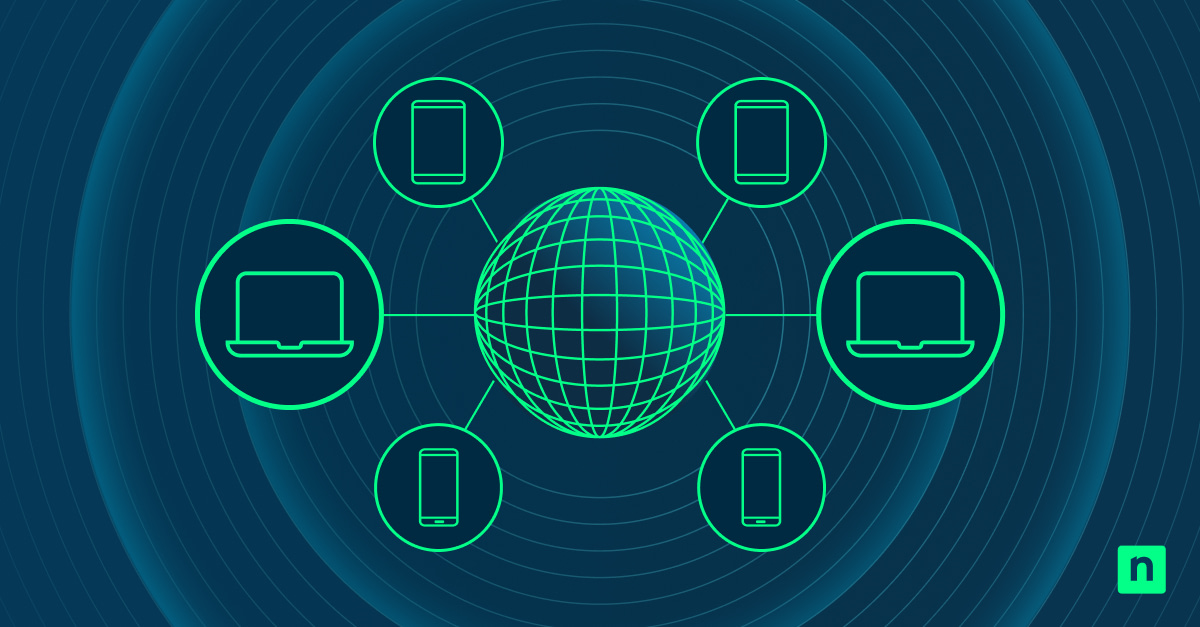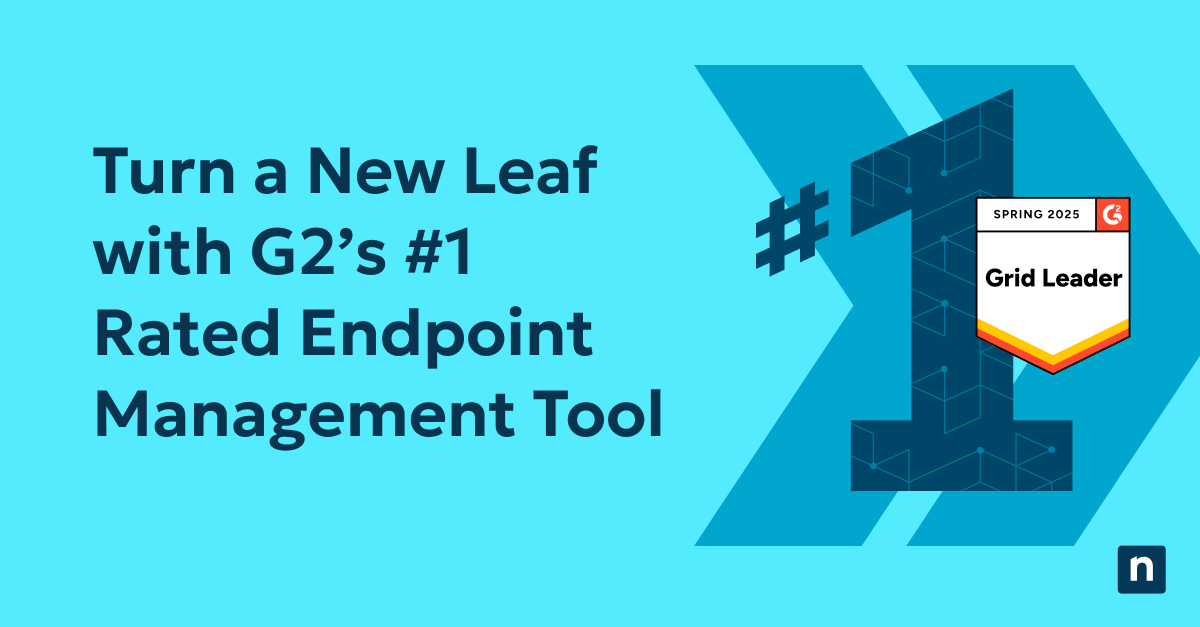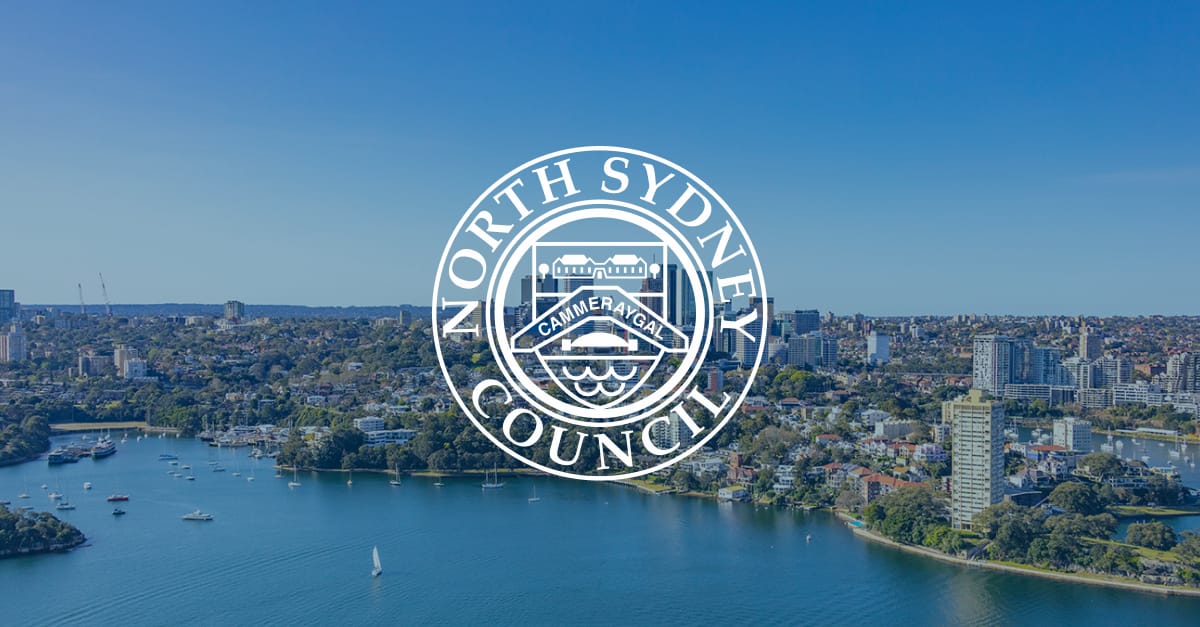If you’re in the US, “in-person” experiences are still very much restricted across the majority of the country. Many states are only now beginning to emerge from stay-at-home orders, and consumers are looking to escape the boredom of weeks spent at home. As the country attempts to reopen, technology-powered excursions will be critical for keeping consumers safe while providing new opportunities for businesses.
For all businesses, maintaining a safe environment for customers should be the highest priority, but live experiences, such as attending a movie theater or sporting event, have an especially high burden in the COVID-era. In California, reopening theaters were required to limit seating to 25% capacity and have customers wear masks. And according to CDC guidelines and recommendations for gatherings, even medium-sized crowds in spaces that have been adapted for social distancing carries a high risk of virus transmission.
One safer solution that has steadily grown in popularity around the world is location-based VR. Zero Latency, a VR startup based in Melbourne, Australia and a NinjaOne partner, offers location-based VR experiences in more than 30 locations across 23 countries. Two teams of four don headsets, computer backpacks, and weapons to play in a 200m x 200m (about 2,000 sqft) space that’s been designed for socially-distant gaming. With only eight people playing at a time, location-based VR is a kind of safe, smaller-scale live experience that can substitute riskier activities.
“During the close-down period, we made socially distant compliant changes to our software, which required a lot of development, testing, and releases,” said Zero Latency head of IT, Scott Human. “This means that when our sites reopen, we’re able to say to people that they can be safe while playing our games. Players can come in and have this out-of-home entertainment experience while also following all of the guidelines set by local officials.”
“Because of our model, it’s not hard for us to make our facilities socially-distant compliant.” – Zero Latency CTO Scott Vandenkelaar
The way we experience entertainment has changed due to the coronavirus, but smaller-scale activities can still yield larger-than-life experiences. For example, instead of going to the movies, a couple could spend that time uncovering clues for a VR-mystery or save each other from a hoard of hungry zombies, or even see their favorite artist. The possibilities for branded partnerships with location-based VR could also deliver new ways for brands like Disney or Netflix to engage with their audiences and create new content experiences to more fully interact with beloved worlds and characters.
VR’s Tech Challenges
Fundamentally, incredibly immersive VR experiences like the ones provided by Zero Latency are powered by the computer backpacks and headsets. These are sophisticated pieces of machinery that were built in partnership with Microsoft and HP to be the most powerful, cost-effective VR hardware available. In fact, based on the team’s feedback, Microsoft made changes to their Mixed Reality headset, according to Zero Latency’s IT Development Lead, Hunter Mayne.
However, maintaining this hardware and ensuring that each device is updated, secure, and functional on a global scale is one of the primary challenges to making location-based VR experiences successful. To manage this job, Zero Latency uses NinjaOne, which makes it easy for the company’s IT team to quickly take control of a device or automate patching and updates across a global fleet of devices.
“NinjaOne is really vital to us because it allows us to manage all of our devices effectively,” said Zero Latency’s Hunter Mayne. “It provides the flexibility to change a registry setting quickly, or if a customer is having trouble with their device, we can jump in right away and fix that with TeamViewer. NinjaOne’s level of control over the managed devices, best-in-class remote access and viewing, as well as ease of use ensure we can provide first-class service to our users and allow Zero Latency to continue leading the world in Free-Roam VR.”
On top of managing hardware, to make a playable experience, location-based VR environments must utilize precise design patterns that can be read by computer vision algorithms. Luckily, Zero Latency are the experts on this and have been perfecting arena-scale VR experiences.
“We’ve written part of the book on creating these spaces. Not many people are trying to do such accurate, targeted SLAM tracking in this large of spaces,” said Zero Latency CTO Scott Vandenkelaar. “We did a lot of experimentation on getting a pattern that works really well with computer vision systems.” As a bonus, the design patterns look nice, too, Scott added.
- Read more: Alticap: Powering France’s Hidden Digital Revolution
- Read more: Keeping a Senior Care Facility Connected During COVID-19
The Future of Live Entertainment
Virtual Reality has come a long way since Oculus first unveiled the Rift in 2012. Better technology and processes have entered the picture and opened up new possibilities and markets. According to IDC, VR gaming represents one of the largest use cases of consumer VR growth, with a market worth approximately $3.3 billion. As more and more content is developed specifically for the VR medium, location-based VR experiences may have the potential to move past games and into other entertainment experiences, as well.
In the COVID-era, as we seek socially-distant activities and adjust to new forms of entertainment, Zero Latency’s Scott Vandenkelaar thinks VR is poised for growth.
“Because of our model, it’s not hard for us to make our facilities socially-distant compliant. As a result, we’ve been able to open our locations faster than other places, like a cinema. We’re well-positioned and we are seeing that some of our locations are already picking up quite nicely.” Unlike moviegoing, these types of VR experiences also can’t be easily replicated in the home, Vandekelaar added.
As we move into a post-COVID world, companies like Zero Latency are showing how we can deliver out-of-home entertainment experiences to consumers while maintaining safety. With NinjaOne managing all the IT assets, Scott and his team are primed to keep innovating and pushing the boundaries of gaming and entertainment.
++
NinjaOne is committed to supporting MSPs during the COVID-19 pandemic. Our team is constantly developing new resources and guides to help you succeed during this time. Visit our COVID-19 Resources page and tune in to our next MSP Live Chat for lively discussions on growing your business.







